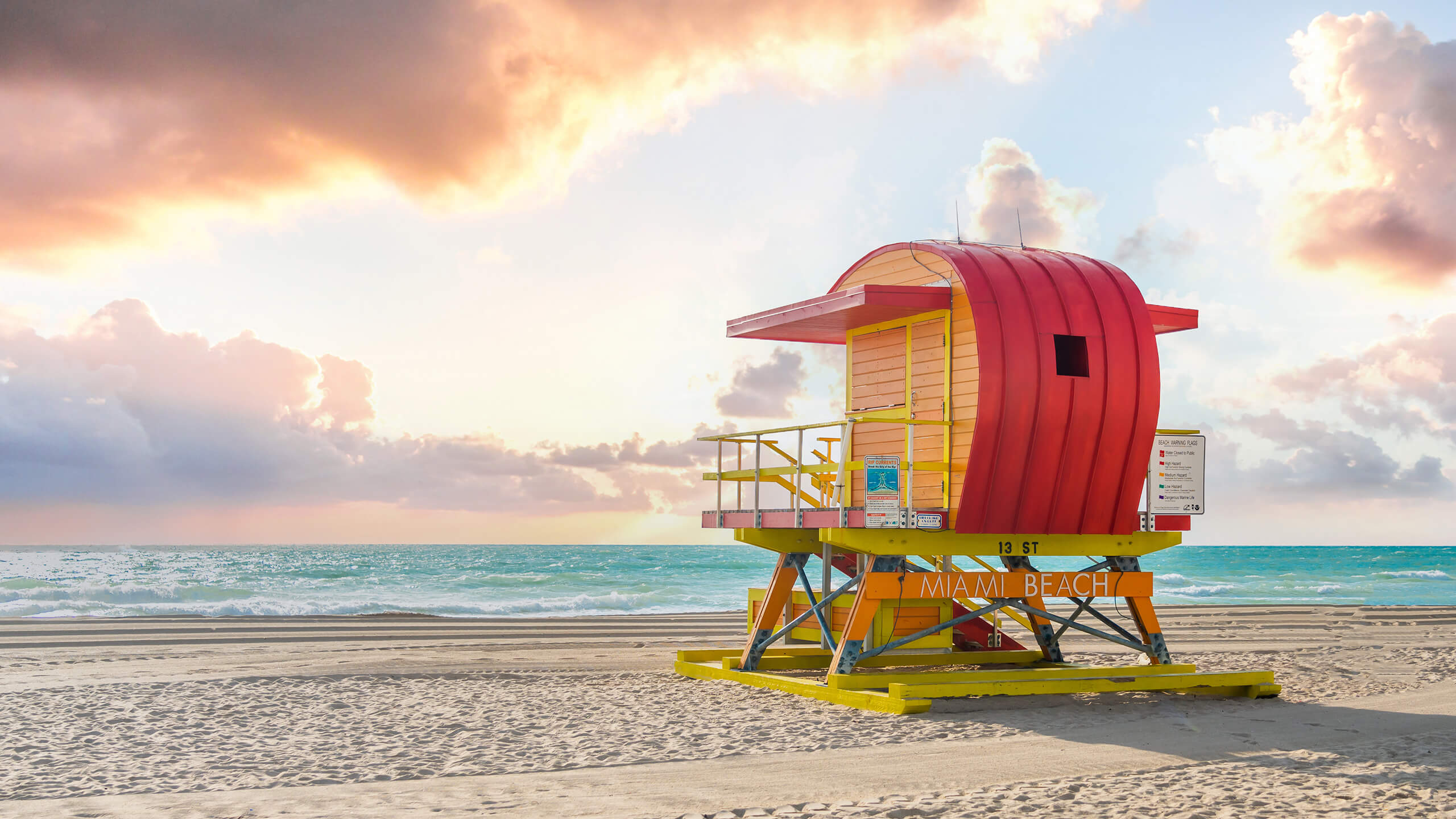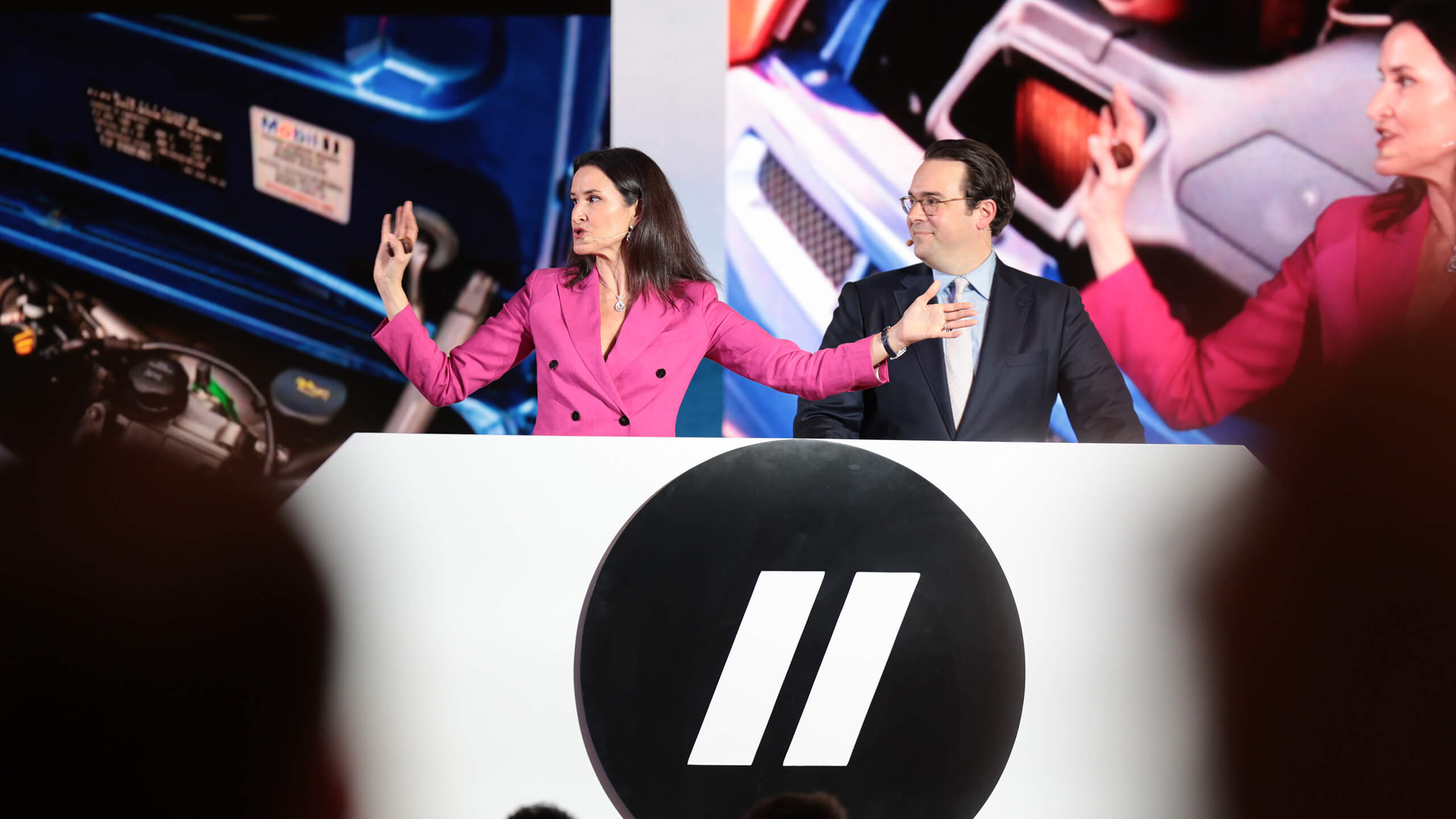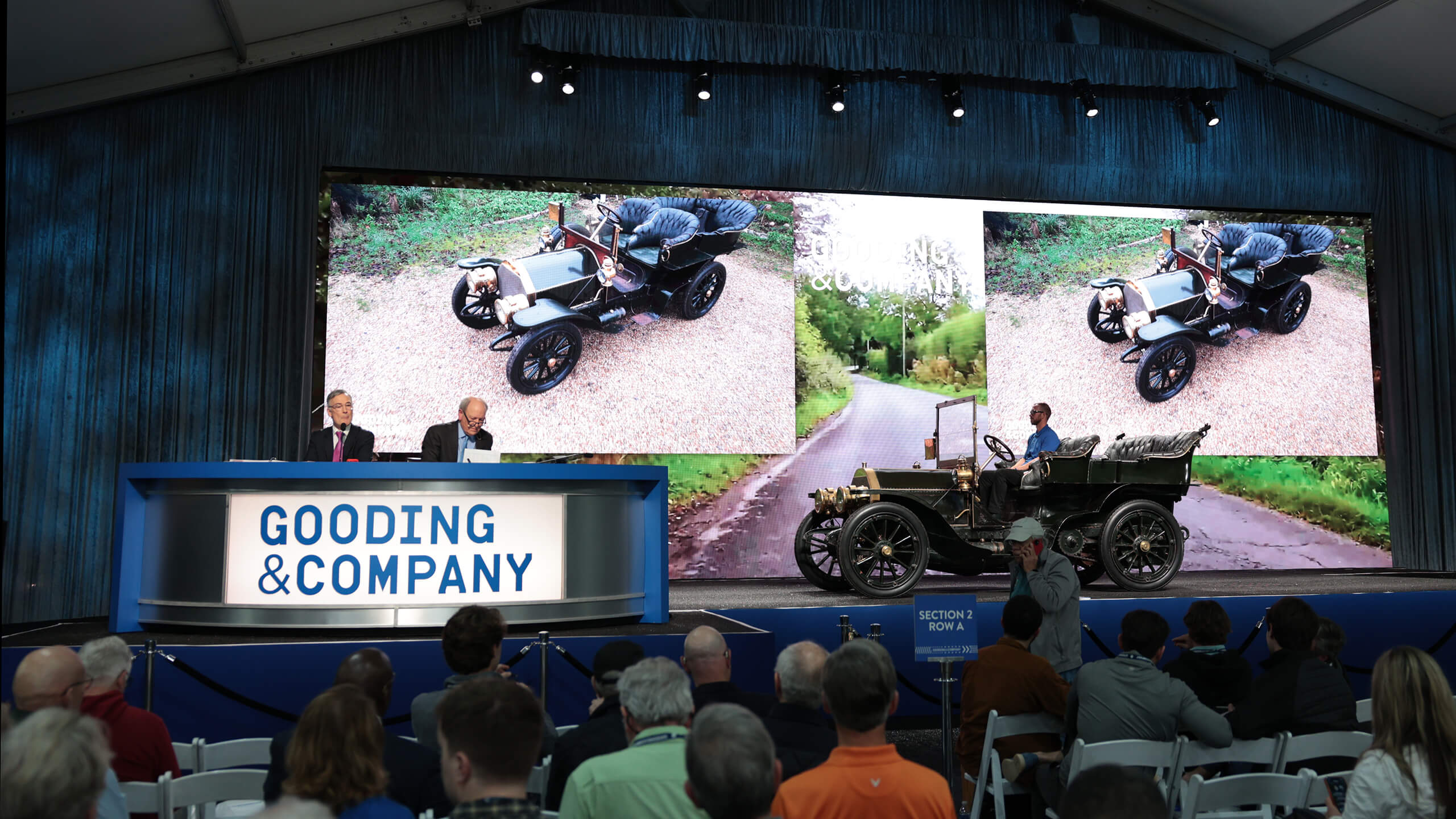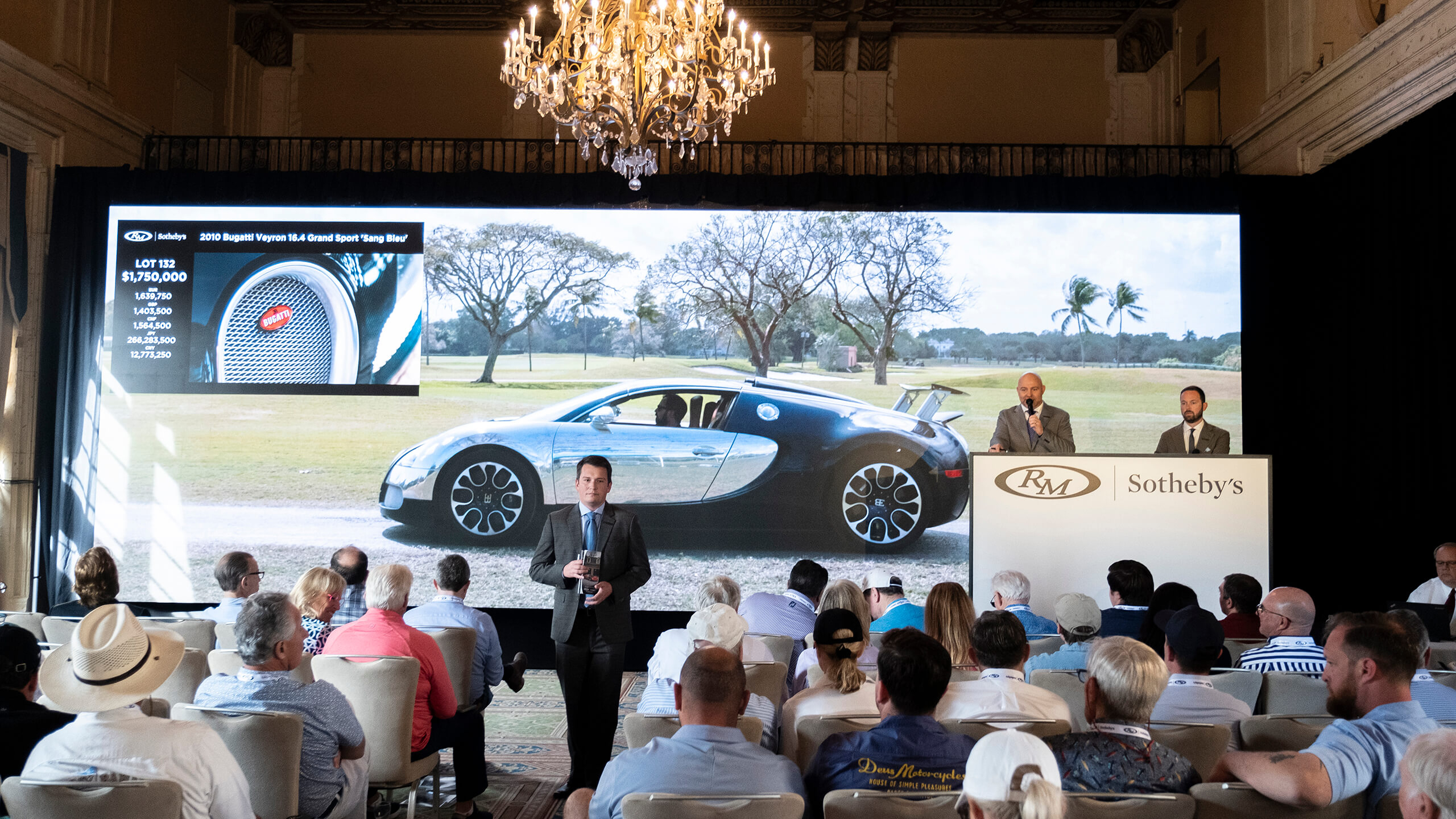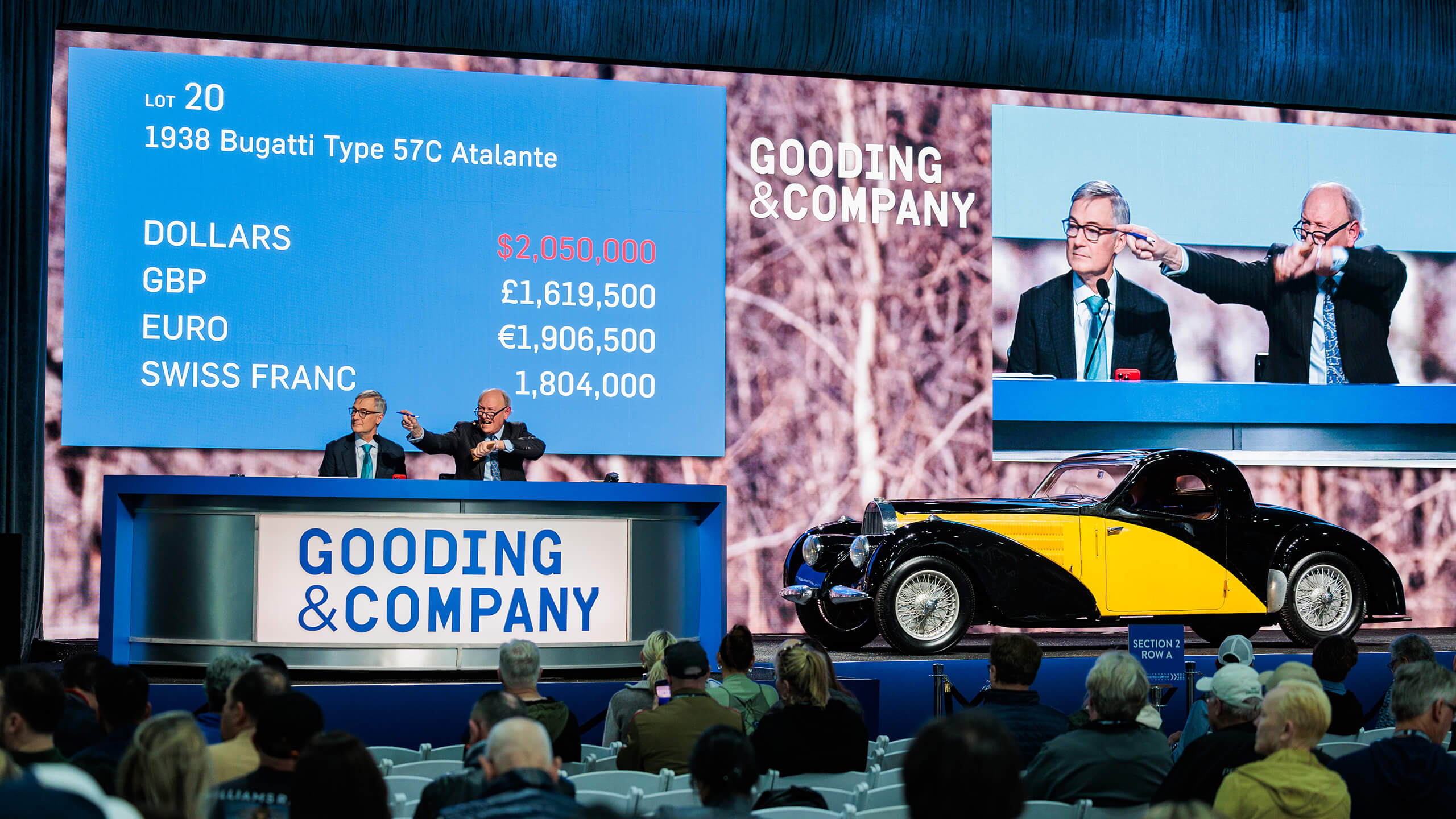Brexit and collector cars; the story so far
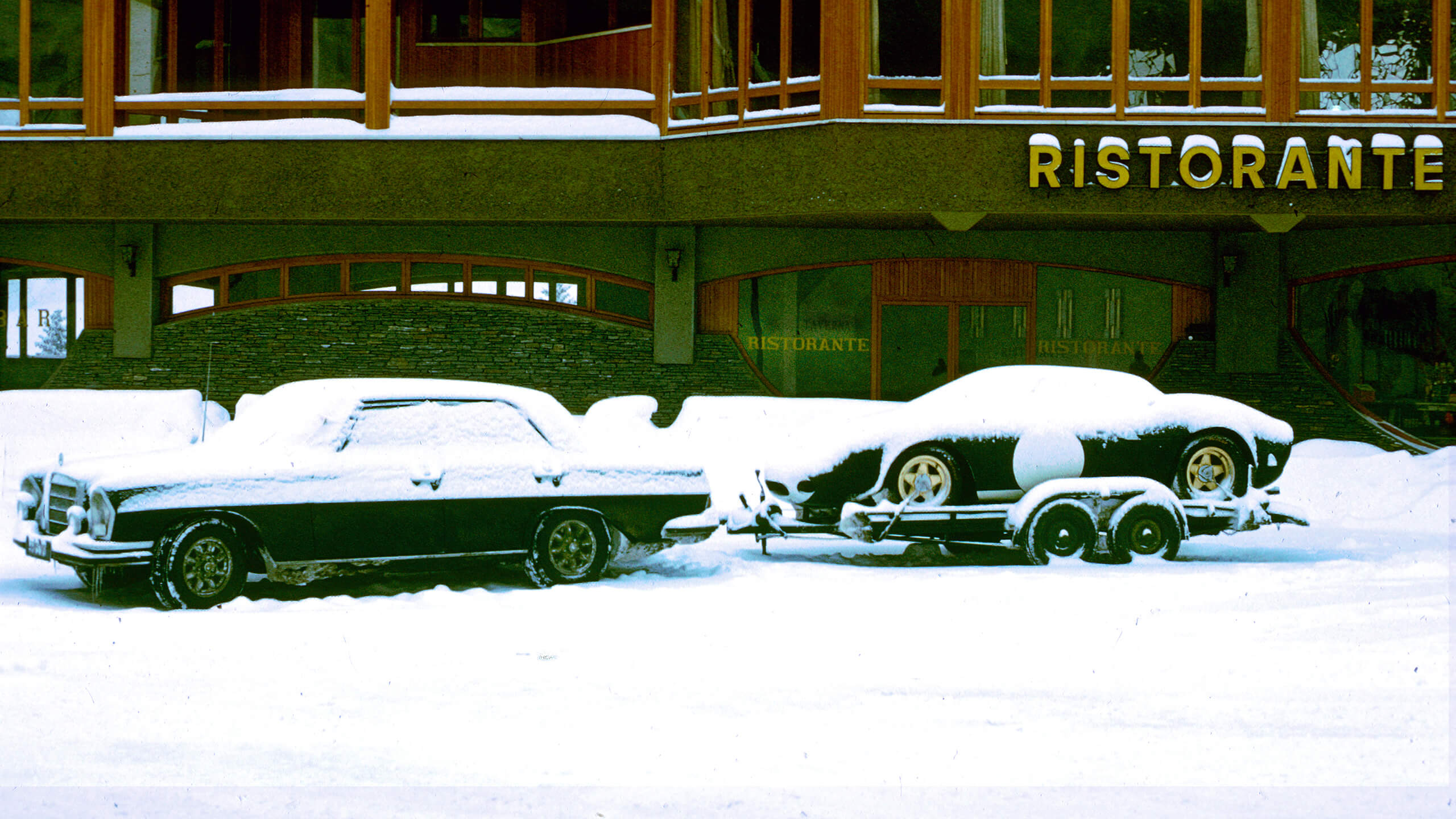
Nearly three months after the UK left the embrace of the European Union, only now are we starting to see what Brexit means to the British classic car market. Business journalist Matthew Gwyther looks at Brexit for K500 and reveals that, short term, the outcome is sub-optimal – but there might be light at the end of the (Euro)tunnel...
The Brexit backlash began with fishermen. Despite making up just 0.1% of the UK economy, negotiations around the UK fishing industry were one of the largest obstacles to reaching a trade deal. The unhappy throng has since been joined by numerous producers in the food and agriculture sector – and even niches as narrow as professional accordion players.
It’s becoming clear that the British classic car market is unlikely to escape Brexit unscathed. One of the UK’s more discreet gems, the industry surrounding historic vehicles is substantially bigger than fishing. The Federation of British Historic Vehicle Clubs estimates its market size at £7.2 billion. It employs around 34,000 people in some 4,000 businesses. Critically, circa £946 million of that annual spend comes from overseas – a figure almost exactly the value of sea fish landed by UK vessels in 2019.
Thankfully, the new agreement drawn up at the 11th hour allowed for no extra charges to be made on goods. A car loaded onto a trailer or into a lorry is ‘goods’; as are any spare parts. But tariffs are not the only sort of barrier to trade.
Martin Emmison, a lawyer with a four-decades-long specialism in old cars, says it’s too early to tell what the medium- to long-term effects might be. “Britain has always been the epicentre of the collector car industry – right from the collectors to the highly expert freight forwarding agents,” he says. “Membership of the EU solidified this in the early 1990s. Our tax commissioners, as they then were, accepted the special status of collectors’ pieces of historical or ethnographic interest.”
He continues: “With Brexit, everybody is now going to think very carefully about taxation and where cars are coming from. Customs will get very busy and the broader picture is that governments all over Europe, after the effects of Covid, are hungry for revenue. Of course the British Chancellor Sunak will have to decide who to beat up. Which foreigners might he fancy sticking for some revenue?”
But let’s not get ahead of ourselves. For the moment, for whole cars permanently crossing the UK/EU border, the major difference becomes the VAT liability now due at the point of entry – into either the EU or the UK – unless the person importing is able to defer payment. A new customs declaration is now mandatory at the point of both departure and arrival.
Cars that are less than 30 years old, modern classics in the making, are going to be hit hardest. They will be subject to the full prevailing rate in the country for which the vehicle is destined, and this is worked out on the declared transaction value.
For cars over the age of 30 with a ‘significant history’, which would include racing history, reduced rates of VAT have applied for many years. This concession has to be applied and approved with customs before moving into the country of destination. In the UK, that rate is 5%, the lowest among European countries. In ascending order, the others include: Italy 5%, France 5.5%, Belgium 6%, Germany 7%, the Netherlands 9%, Sweden 10% and Spain 10%.
If a vehicle exceeds £65,000 and is over 50 years of age, then a UK export licence is mandatory. It’s at this stage of age and value they have the potential – in common parlance – to become a ‘national treasure’.
For vehicles not taking up permanent residence but merely on ‘a trip’, every vehicle movement from the UK now requires an ATA (Access/Temporary Access) Carnet, the equivalent of a passport but for goods rather than people. The ATA Carnet is a bond that guarantees your items won’t disappear after entering the country. While it costs just a few hundred pounds, a returnable bond payment of 40 per cent of vehicle value also has to be presented. For a £1 million vehicle, that makes the bond £400,000. Specialist finance companies will offer to put the money up for a set rate of interest and, for ‘frequent fliers’, carnets are valid for 12 months and multiple trips, as long as the items listed don’t change significantly. There is however a tangled mass of red tape where previously there was little or none.
The good news is that this bureaucracy doesn’t apply if, as Martin Emmison puts it, “you are taking your XK120 over for a nice lunch in Le Touquet to return that evening or the following day”. Your driving licence, insurance and a tank of fuel will suffice.
The world of auctioneers will unquestionably be affected. UK-based auction houses would appear to be the most disadvantaged, although the fact that so much auctioneering has gone virtual will help this problem. A car does not have to sit in the saleroom where the auction takes place.
For Matthieu Lamoure, MD in the car department at Artcurial in Paris, Brexit is a matter of personal sadness but professionally he is unperturbed. As well he might be with an added competitive advantage over his British rivals.
“I have learned in life not to focus on regret,” says Lamoure, echoing Edith Piaf, “and I’m not stressed by Brexit. A problem may arise for British owners and we certainly saw movement of vehicles that had to occur before the end of December 2020. But we’re quite accustomed to American cars moving back and forth across the Atlantic. An extra twenty per cent can be a lot of money but collectors are passionate people. The future is positive as far as I’m concerned.”
Lamoure’s rival Kenneth Ahn, President of RM Sotheby’s, is not one to become over-excited or suffer pangs of backward-looking regret. The ex-Goldman Sachs, Boston Consulting and Harvard Business School alumnus is observing events with a cool and dispassionate head from his base in North America. “From a purely business perspective but also for the good of global commerce, I believe in free markets. Anything that reduces friction costs is good. Therefore Brexit, which hinders the free flow of goods, services and people is, by definition, not good for business. It will have many tough and unintended consequences, especially for smaller businesses who lack the size and compliance capabilities.”
Ahn is well hedged with businesses across Europe. “The UK is the largest and best-developed market for RM Sotheby’s in the world and we’ll see what the effects are. But London as a financial centre will be similarly disadvantaged. We saw tactical movement of cars out of the UK before the end of December 2020. Having said all this, I’m an optimist. Such an enthusiast culture will find a way because it’s creative and resilient. I’ll learn to live with it.”
So what’s happening at ground level among these small businesses? Ross Allerton is the commercial manager at Aston Martin specialist Aston Engineering. The Derby-based enterprise was founded in 1983. His company has 19 employees and is a classic example of an excellent and highly specialised small business in the British engineering tradition.
“We’re struggling a little with what’s proving a constant learning process,” says Allerton. “The parts side of our business is already suffering delays when we discover the correct boxes haven’t been ticked and goods get returned. The existing guidance isn’t always clear – you go onto the HMRC website and see a ‘this page is out of date’ notice. And it’s another on-cost we don’t want to pass to the customer.” Not every Aston owner has bottomless pockets and Allerton says he has 7-10 competitors who will be glad to service his European clients.
Likewise Mark Lyon of Ferrari specialist GTO Engineering – a business that began in a garage at the bottom of his garden – is discovering the inconveniences inherent in the new system. Up until the end of 2020 his Ferrari spares business had been growing at 40% year on year. He cites the example of sending an instrument for repair in Italy to be returned to the UK – how does one work out duty due on that? He plans to set up a company in Europe as a defensive action. “Some courier companies are far better and more skilled than others,” says Lyon. “We’ll work out the paths of least resistance but it’s taking an awful lot of staff time at the moment. Selling to the USA has, for the time being, become easier than trading with Europe. Americans, incidentally, are fascinated by Brexit. My own personal view is that in the long term, the EU is in a terrible mess that will get worse by our departure. We were the glue that kept it together – a calm moderating voice.”
So, what, thus far, is going on down on the front line in Dover from where the huge majority of UK/Euro trade goes on via the sea port or the Channel Tunnel? Peter Matcham of specialist shippers and customs agents Cosdel is a walking mainframe of the import/export world with 40 years under his belt. A conversation with him is a blizzard of acronyms as he takes you down into his world of digital paperwork, hurdles, pitfalls and water jumps. It’s like disappearing down Alice’s rabbit hole.
Things in Matcham’s world have been running white hot since January. “People wonder why they voted Brexit in Dover. It’s all about jobs. When the Single Market was introduced on 1 January 1993, an Import/Export agent I knew went from 48 to 12 employees. Now it’s the other way round – I know businesses that have more than doubled in size in the last few months. Get out of the EU – kerr-ching.”
Cosdel has had a surge of inquiries and requests for help with guarantees. “We’ve already had 30-40 requests and now we’ll only deal with customers we know. We will have to be very picky. As it is, I won’t touch anything to do with Northern Ireland. [A new EU/UK border now effectively runs down the Irish sea.] It’s a complete nightmare.” Word has it that customs operatives are more fully ‘on it’ when it comes to dotting ‘i’s and crossing ‘t’s in Belgium and the Netherlands, whereas those in France are being forced to wave more through with a nod.
It’s too early to tell yet what the longer-term effects may be. However, Peter Matcham isn’t optimistic. “Customs in the UK have for some time been developing a new IT system and software. It’s taken me 40 years to master the current system and apparently that will all go. The problem, I’ve heard, is that it doesn’t work.” Matcham is referring to the new CDS (Customs Declaration Service) system due to replace the old CHIEF (Customs Handling of Import and Export Freight) set-up. In November 2020, a National Audit Office report noted that the overall readiness of the system was high-risk “due to a lack of time for adequate integration and testing with hauliers and carriers”.
It’s not just the business of owning classic cars that will be impacted by Brexit. Many of those vehicles collected are in active use and their owners derive substantial pleasure from either showing or racing them in Europe during the summer months. Carnets allow for the temporary importation of goods into countries by guaranteeing that you won’t sell the goods while you’re there. A truck carnet must include every single item in the truck, from bikes and tyres to spare engines and paddock scooters, plus lists of individual tools and parts, nuts and bolts and so on.
It has been a fairly miserable 12 months for the Goodwood estate. The global pandemic was never going to be good news for an events organisation based on bringing large numbers of people together in a shared enthusiasm for horses or old cars. The Festival of Speed and Revival event would normally bring in two dozen competing cars from the United States and between 60 and 100 from Europe. Will Kinsman, head of Content at Goodwood, is cautiously hoping the owners of cars will grapple successfully with unwelcome paperwork and not choose to race at Spa instead. “It’s going to be a pain,” he says, “But it shouldn’t be insurmountable. Racing is an expensive hobby and we’re just hoping the new rules don’t add enough to the bill to put owners off. There are many who buy to race their cars.”
Simon Kidston began his career at Coys in Kensington in 1988 and has skin in the game as an owner, dealer, collector and commentator on the objects he loves. “The real effect of Brexit is unfortunately to erode Britain’s position as the pre-eminent trading hub in Europe,” he says. “All those advantages gained since 1993 – including the weakness of the pound since 2016 – have disappeared in one fell swoop. A number of the negative effects may have been masked by the Covid pandemic but what’s been put down as early transition ‘teething trouble’ may in fact be longer-lasting damage.”
Is he surprised there hasn’t been more disquiet expressed so far? “It’s a fairly genteel business involving individuals who are participating because they love cars. The demographic is older, less noisy. That makes them different from fishermen or those who wish to export and import widgets.”
If this article has one piece of practical guidance, it would be to get the advice of an experienced customs agent or a specialised lawyer when dealing with movement of goods between the UK and Europe. The price of a mistake could be as little as the inconvenience of a tyre being ‘returned to sender’; but if you’re moving a Ferrari worth many millions over the English Channel, any errors could prove far more costly.
With thanks to RM Sotheby’s, Martin Emmison, Artcurial, Cosdel, Goodwood, GTO Engineering and Aston Engineering.
Photo strictly copyright and courtesy of the GP Library Collection. It features the Paul Vestey Racing ex-Maranello Concessionaires Ferrari 250 LM, chassis 6167, on its way from Piero Drogo's Carrozzeria Sports Cars in Modena to Southampton to catch the old Queen Elizabeth liner to race in the 1968 Daytona 24 Hours. With carnet at the ready, obviously...





